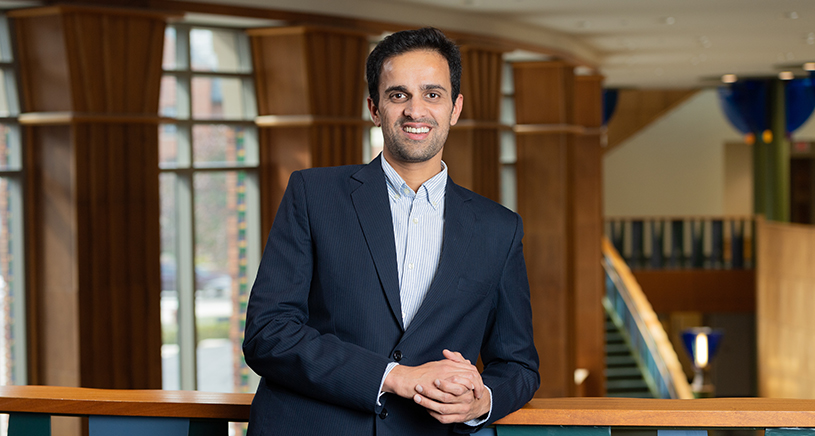Courses Details
HMP637: Artificial Intelligence For Health Care Policy
- Graduate level
- Residential
- Winter term(s) for residential students;
- 3 credit hour(s) for residential students;
- Instructor(s): Rahul Ladhania (Residential);
- Prerequisites: None
- Description: Understand the role of AI and machine learning in healthcare and policy, focusing on opportunities, limitations, and real-world applications. Through case studies, discussions, projects, and speaker sessions, students will gain a nuanced understanding of AI’s role in healthcare transformation, complemented by exposure to relevant programming tools.
- Learning Objectives: Get a basic understanding of application of Machine Learning techniques: Identify key machine learning methods, understand their application in healthcare delivery, clinical decision-making, and risk prediction, and apply these techniques to health data - Critically Evaluate AI/ML in Healthcare: Analyze and critique the use of AI/ML in various domains of healthcare and health policy, understanding both its potential benefits and limitations. - Address Ethical and Social Implications: Evaluate the fairness, bias, and privacy concerns in AI applications, and understand the ethical and policy considerations relevant to healthcare - Gain introductory exposure to data analysis tools: Develop basic proficiency in using features of programming tools such as R to apply to relevant health data problems - Engage in Professional Development through Invited Guests and Project Work: Collaborate on a group project that explores a pressing AI/health policy topic, incorporating a data analysis component, and presenting findings through both written and oral presentations - Communicate Effectively in AI and Health Policy Contexts: Communicate complex AI/ML concepts clearly to both technical and non-technical audiences, and participate effectively in discussions around AI’s impact on healthcare.

